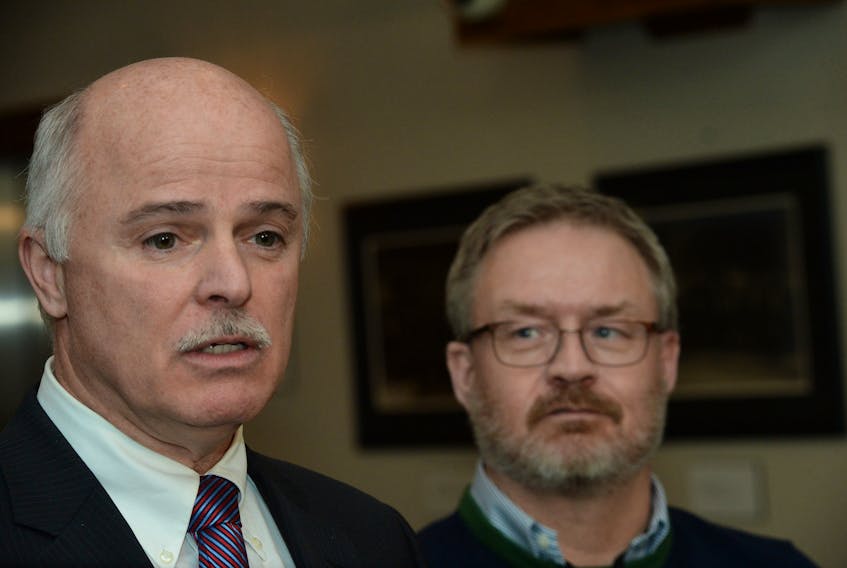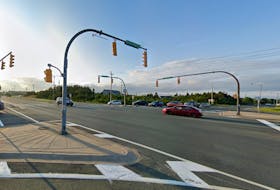A review of the provincial tax system has found taxation levels are “reasonable” compared with other parts of Canada.
The report was commissioned on August 22, 2017 and completed by a committee chaired by Stephen Jerrett, the current town manager of Botwood and a former employee of the Department of Finance in Newfoundland and Labrador and Nunavut.
The committee found that given the high level of net debt in the province and the level of taxation, the best approach to address the fiscal challenges of the province is to reduce spending.
The report also recommended an early end to the deficit reduction levy, which was introduced in the 2016 provincial budget and later adjusted to apply only to those making $50,000 or more in May 2016. The government has stated it plans to remove the levy by the end of the 2019 tax year, but the committee recommends it be removed as soon as possible.
Finance Minister Tom Osborne says with three months left to the 2019-20 provincial budget, he’s not going to make any promises, but it’s a recommendation he’ll consider ahead of the budget.
“Personally, I would have liked to have gotten rid of the levy in 2016. The reality is that it was a necessary evil."
— Finance Minister Tom Osborne
“But it is a recommendation and I take every recommendation in the report seriously. I’ll take a view to that as we approach budget 2019.”
Osborne says on the spending side, work is happening to try to reduce expenditures, but it’s not something the government can achieve overnight.
“With the balanced approach, I have not cut any services that are important to the people of the province. We have kept spending steady,” said Osborne.
“If you plant tree after tree after tree you eventually have an orchard, but it doesn’t bear fruit right away. We’ve been setting the groundwork and we will see the fruit.”
Osborne pointed to shared services, like combining government payroll services, as one way spending is being cut within government. He says up to $80 million in savings are expected through that move alone, of the $8.35 billion spent by the government in the 2018-19 budget.
Jerrett says not only is this province not an outlier in terms of the level of taxation, but the people of the province don’t seem to have a full understanding of how the tax system works, according to a survey conducted by the committee.
“In what we pay in taxation, we’re not out to lunch. We’re generally competitive.
“Eighty-five per cent of respondents were surprised at how much government spends. Eighty-five per cent were surprised by the deficit. We’ve got some work to do.”
— Stephen Jerrett
Osborne says the report will inform future plans for taxation in the province, but people shouldn’t expect any large changes in the 2019-20 provincial budget as a result of the report.
The report also breaks down where the taxation comes from across the province.
In 2016, 51 per cent of all income tax filers had $30,000 or less of taxable income. That group paid 3.9 per cent of all the income tax in the province. The other 96 per cent of income tax was paid by the rest of the population. Those in the highest tax bracket, with $250,000 or more of taxable income, pay 10.3 per cent of all the income tax filed in the province.
In terms of average taxation across the country, this province is generally one to two percentage points higher than the average of all other provinces in all tax brackets – but either on par or slightly below the average level of taxation with the other Atlantic provinces.
A person with $50,000 of taxable income in this province pays about $1,500 more than in British Columbia – the lowest-taxed province – while paying about $500 less than those in Nova Scotia, the highest-taxed province.
Twitter: @DavidMaherNL









